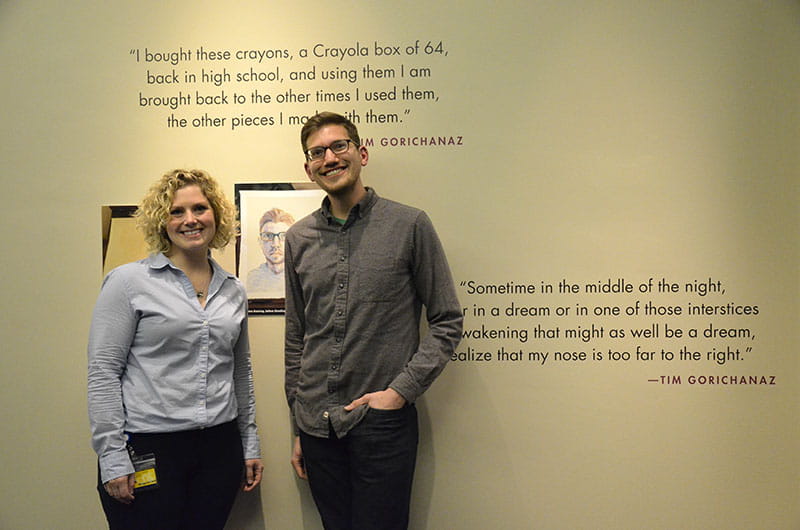What I'm Reading: Lisl Zach

Lisl Zach, an associate teaching professor at the iSchool, College of Information Science and Technology, who specializes in how people use information. She’s also interested the experience one gets out of reading a physical book versus accessing information digitally. It’s no wonder, then, that she chose a book on this very topic, How the Page Matters, written by a colleague from the University of Illinois, Bonnie Mak.
Why did you choose this book and what is it about?
I’m always reading lots of things; I am a completely non-linear reader. Basically, that means I’ve got a pile of stuff next to my bed, and many things accumulating on my kindle as well, I flip back and forth between the physical book and the kindle.
Right now, I’m focused on the whole idea of digital vs. physical and developing a new course for the fall. In preparation for this course, I’m reading How the Page Matters by Bonnie Mak, which is a short, concise but elegant book on why the physical is important.
The underlying question that gets addressed by people who write about these things is, “Are we interested in the actual knowledge that is contained in the book, or are we interested in the physical thing itself?” There are plenty of people who would argue on either side of that; I come down very firmly in the middle. I believe it depends on what you want out of the experience.
Unbelievably, the book has only 73 pages of text, so it’s a quick read and it’s perfectly accessible for someone who knows relatively little about this topic.
What is it about this book/topic that you find important or enjoyable?
The author and I hold similar views on the value of the printed page, which is that it provides unique access and understanding of the society that produced it. I think that the important message is that just getting the knowledge that is contained in a digital version of written work is not the end-all, be-all—there is something important that someone gets beyond just the words. Looking at a book, touching it and using all of your senses, it adds to the experience. And, more importantly, it adds to one’s understanding of the culture that created it.
Just reading a renaissance book—perhaps something written by Dante—and seeing his handwriting on the vellum in a manuscript, the way it would have looked to him, it’s a whole different experience. The visual, tactile experience tells us a lot about the world in which he was writing.
Did the book live up to your expectations?
It did. I think it is very important for our field (information science) to address these kinds of issues, and this book provokes a thoughtful discussion of the place of the physical artifact in the digital age.
Is there a passage or a quote you find particularly interesting?
"Ancient, medieval, and early modern pages now matter to us in different ways, our perception of them modified in light of how we are responding to more recent developments in culture and technology. The pages from the past are enriched by our efforts to transmit thought with innovative interfaces, even as we embrace or eschew millennia-old conventions."
In This Article
Drexel News is produced by
University Marketing and Communications.
